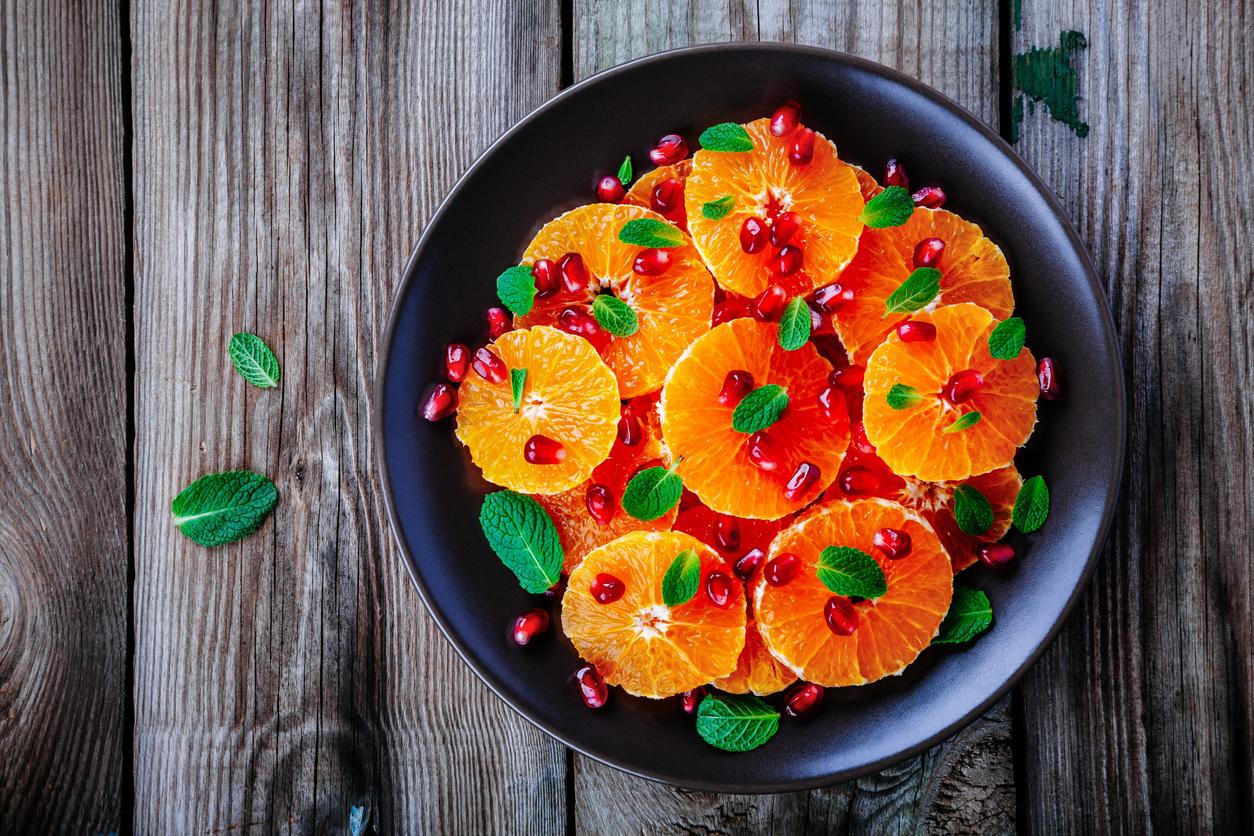That fans of foie gras and poultry do not worry. They will be able to celebrate at Christmas and New Year’s Day, with their favorite dishes.
The report that the National Food Security Agency (ANSES) has just published at the request of the Ministries of Health and Agriculture leaves no room for concern. ANSES affirms that “there is no trace of any virulence marker of pathogenicity for humans”. And that the avian influenza virus currently present in France is not transmissible to humans through the consumption of meat, eggs, foie gras and more generally by all food products. To confirm these conclusions, the Ministry of Health recalled that “transmission of the avian influenza virus to humans remains extremely rare”.
Ensure zero risk of contamination for humans
On November 24, the national influenza reference laboratory of the National Health Security Agency (ANSES) identified a strain of highly pathogenic H5N1 avian influenza in a backyard farm in Dordogne.
Since this first case, several outbreaks have been confirmed. They concern different avian species (ducks, chickens, guinea fowl, geese), different departments (Dordogne, Gers, Haute-Vienne, Landes, Pyrénées Atlantiques) but also different types of viruses: H5N1, H5N2 and H5N9 “In this situation, it was necessary to ensure that the H5N1 virus was not from the same source as that of the Asian line of 1996, highly pathogenic and dangerous for humans ”, explains Thierry Pineau, head of the animal health department of the National Institute of Agronomic Research (INRA). “The other two strains (H5N2 and H5N9) have never circulated in humans because they do not have the specific determinants.”
ANSES issued a report1 on the sequencing of this virus and considered that the H5N1 virus detected in France was not dangerous for humans and that the risk of contamination was almost zero for humans.
Limitation of imports
Despite these declarations, at least 15 countries and territories have implemented large or targeted embargoes on all or part of French poultry products, mainly in Asia and Africa, including Japan. “These decisions were taken to protect the farms and not the humans. Indeed, there is no zero risk that the virus does not move through the boxes and transport pallets, ”explains Thierry Pineau.
Precautionary principle for people working on farms
On the other hand, people who work as close as possible to poultry must protect themselves because, ANSES recalls in its report that “the risk of infection by the respiratory route, in particular when handling poultry and preparing products from infected poultry , cannot be totally excluded ”.
“While ANSES has issued this precautionary principle, it is important to remember that to date no health declaration has been made and that no symptoms have been reported in people working in poultry farms . ”, Explains Thierry Pineau. “We are living through an animal health crisis, with no risk of contagion for humans”, concludes the doctor in molecular pharmacology.
Since there is no risk in eating foie gras during the holidays, discover our selection of foie gras recipes :
1. Avian influenza dossier – ANSES
Read also:
Avian influenza: two new outbreaks detected in the Landes and Dordogne


















